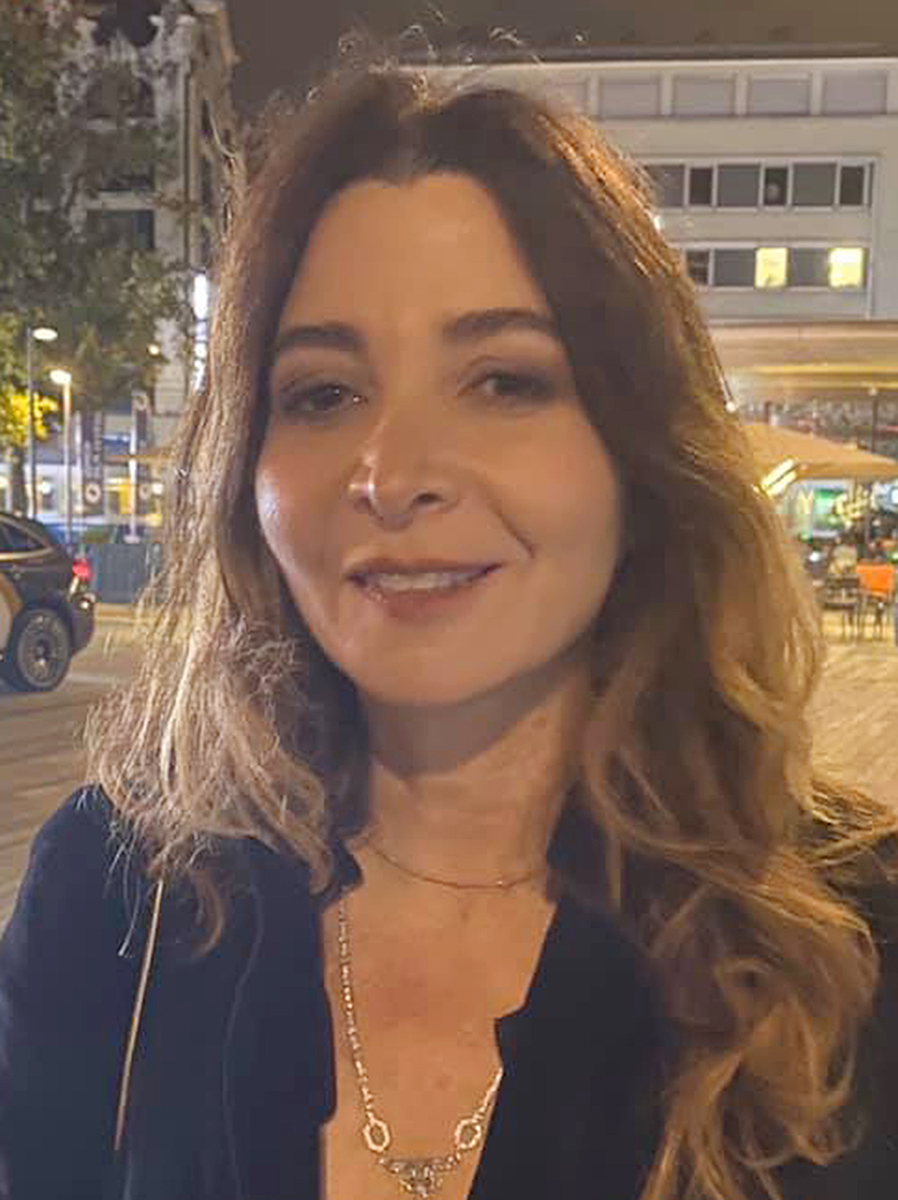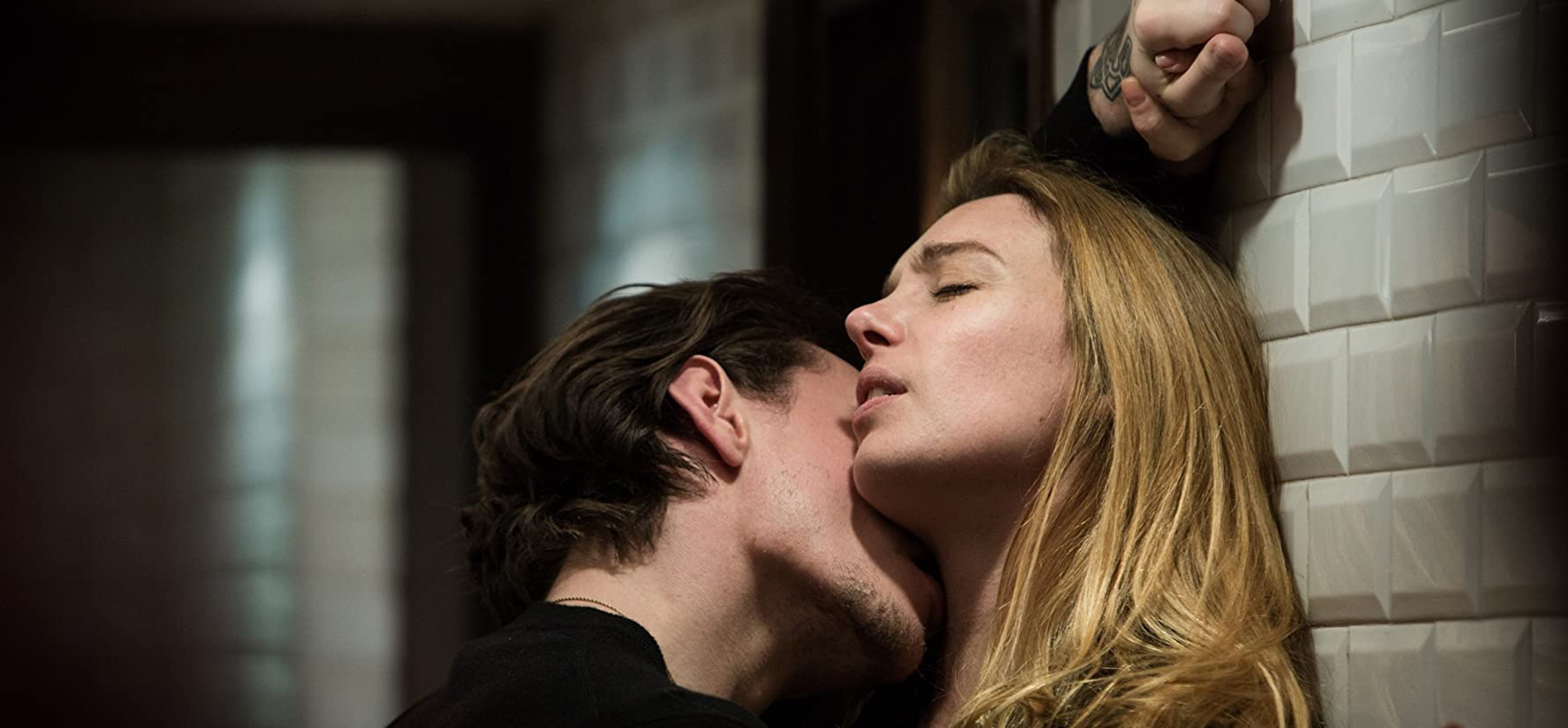
- Festivals
Danielle Arbid – 2020 TIFF Interview
As the 45th edition of the Toronto International Film Festival (TIFF) was notable, if nothing else, for the simple fact, that the event actually happened. In this year of the pandemic, where Cannes had to postpone, and Venice maneuvered through the storm, Toronto, seemingly effortlessly, followed.
“TIFF 2020 was a year we won’t soon forget,” said Cameron Bailey, Artistic Director, and Festival Co-Head. By going back to their original inspiration – to bring the very best in film to the broadest possible audience and transform the way people see the world through film. Bailey, along with his artistic partner Johana Vicente, wanted to create new experiences for both the filmmakers and the audience. That included showcasing films at drive-ins and socially distanced theaters; incorporating talent interviews and discussions through virtual outlets, and just make all feel safe as well as welcome.
Another challenge was heeding the urgent calls for greater representation of under-represented voices, such as achieving parity in films directed by men and women. Vicente notes: “We are excited by the fact that 46% of the films screened this year were either directed, co-directed, or created by women.”
In addition, TIFF is also an important market. Many films which unspooled during the ten days didn’t have theatrical distribution in place but saw strong sales, such as Another Round, Bruised, Good Joe Bell, MLK/FBI, Night of the Kings, One Night in Miami, Pieces of a Woman, Shadow in the Cloud, Shiva Baby, and Summer of 85. The festival served as an important venue to showcase films made outside the traditional United States and United Kingdom movie machines. Countries such as Iran, Russia, Mexico, India, Brazil. Georgia Japan, Hungary, Germany, Denmark, and France showcased some of their most original voices.
One of these was Simple Passion from Danielle Arbid. Born in Lebanon, she left her native country at age 17 to study literature at a faculty of letters in Paris, France. While at school, she worked as a freelancer for several newspapers; and although never studying film, Arbid turned her attention to the media and in 1998, directed her first short Radeem. After that, she began making documentaries so she could focus on art, photography, and people in the street

Intrigued by different narrative forms, her subsequent work alternated between fiction, first-person documentaries, and video essays, often experimenting at the intersecting of genres. Her third fiction feature, Peur de rien (Parisienne), had its theatrical release in France on February 10, 2016. It won the Académie Lumière foreign press prize as well as other awards including the Best Actress prize at Les Arcs.
At TIFF she unveiled her fourth feature film, an adaptation of the major French writer Annie Ernaux’s bestseller book, with French actress Laetitia Dosch and ballet star Sergei Polunin.
How important, as a foreign filmmaker, is it to showcase a film at a major festival like Toronto?
One of the very nice things about Toronto is Cameron Bailey. He is a great programmer. We met four years ago when I was there presenting Peur de rien, and it was a great experience because you find the world there. You get to meet filmmakers at the various locales like the genre cinema, the auteurs, or the Hollywood style. I recall he took me to dinner and so many various movie makers sat with us and it was such a rich experience for me. As a director, it was a very interesting place.
As a filmmaker, you are writing through the lens of being a journalist as well. What perspective do you see as a director having that background?
I come from the world of literature as well as journalism. I studied both. I didn’t practice much journalism. I did it for a few years but the idea of working on something with objective eyes is something you don’t have as an artist because it is subjectivity. Maybe it gave me a distance. Since my films are also very personal, very sensual, very close to the actors, I work like a doctor on the films. I want to get close but I keep my head cold. I look at things like a journalist looks at things. Maybe it’s something I have unconscious from journalism or documentaries. I still want to do documentaries.
This film deals with sex, love, and politics. I was intrigued with the protagonist as to how she couldn’t navigate through the passion.
Falling in love is a mystery. You don’t fall in love with someone to go to the supermarket with. You fall in love with someone you cannot catch, you cannot understand, you cannot even like. You love people that you cannot even like actually (laugh). This is the strange thing about it. The movie is based on a book by one of the greatest writers in France. She is the Marguerite Duras of today. She writes also in a way that is very precise. She examines the facts. She is like a policeman of her life. The fact of this book is what were the steps of how did she fall in love with this man and what did she do while falling in love. This is not a love story. It is a repo. Here is a very courageous woman confronting her love affair. Ernaux wrote this book a little more than a year after living it.

